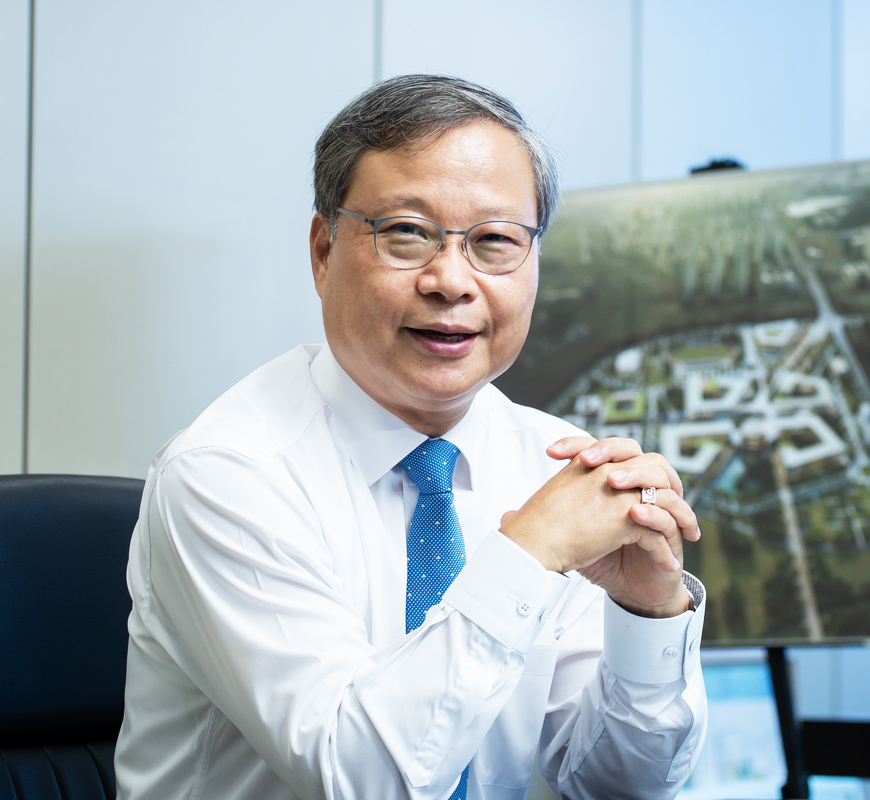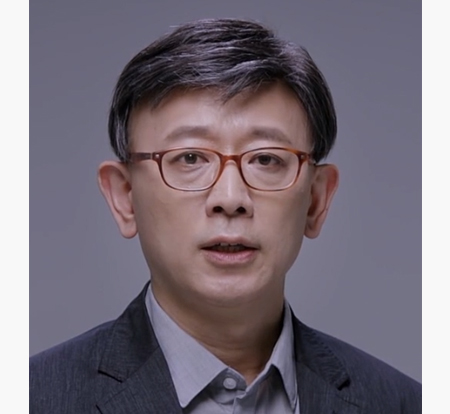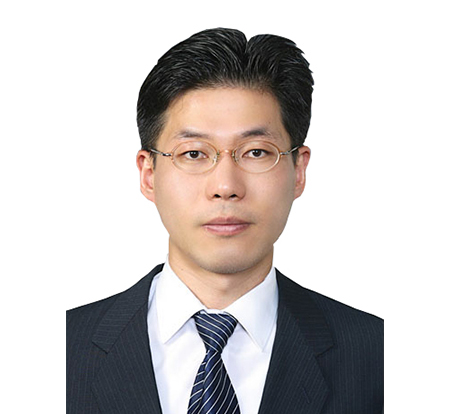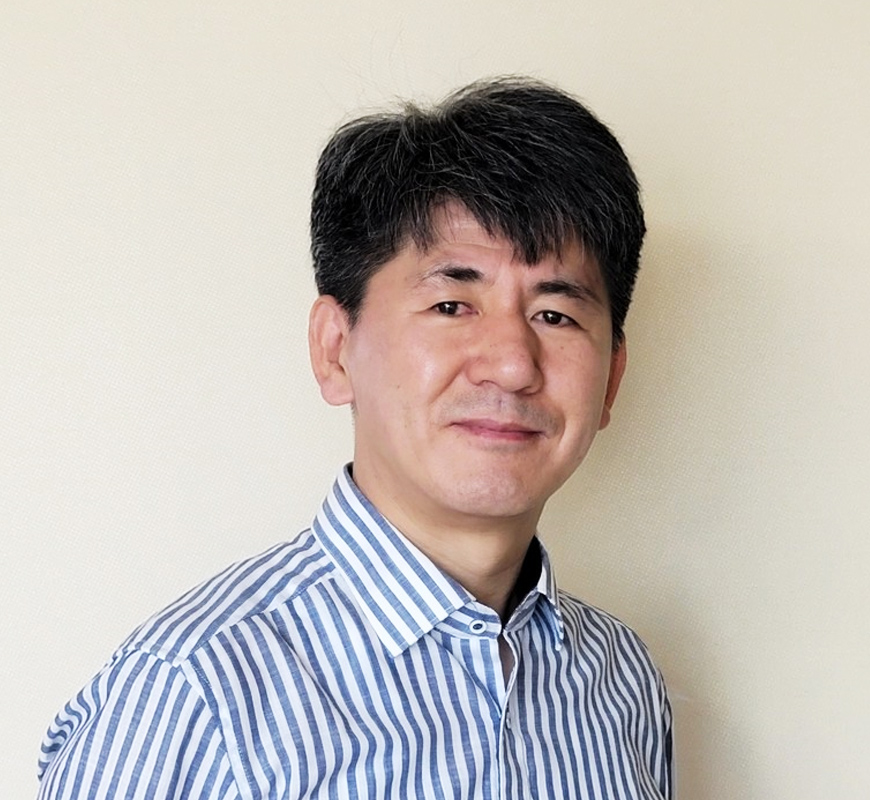Climate Energy Summit Seoul 2022
Accelerating Energy Efficiency and Climate Jobs
through Digitalization
June 30 (Thursday), 2022, 14:00 - 18:00 I KCCI Grand Hall (B2)

Gabriela Prata Dias
Head
Copenhagen Centre on Energy Efficiency
(UNEP Copenhagen Climate Centre)

Eui Joon, Yoon
Founding President
Korea University of Energy Technology

Ho Jeong, Park
ProfessorKorea University

Jong Bae, Park
Professor
Konkuk University

George Kamiya
Energy Policy AnalystInternational Energy Agency(IEA)

Bong Gyun, Kim
Head of Tech to Market Div.
Korea Institute of Energy Technology Evaluation and Planning

Wan Ki, Park
Director
Electronics and Telecommunications Research Institute

Byung Hun, Park
Director GeneralKorea Energy Management System Association

Kang Hoon, Yi
Team Leader
Korea Energy Agancy

Glenda Napier
CEOEnergy Cluster Denmark

Kyung Hak, Kim
CEO/FounderKevinlab

Daniel Lim
CEOCrocus

Ji Hyo, Kim
Team LeaderKorea Energy Economics Insitute

Ted Koo
AttorneyLaw firm LIN
Energy efficiency through energy-digital convergence based on scientific data is creating new economies and jobs with the realization of ‘carbon neutrality’.
Energy efficiency is critical to solving the climate change problem. The Sustainable Development Scenario of the International Energy Agency (IEA) stresses the potential of energy efficiency to reduce GHG emissions by 40% over the next 20 years. In addition, the Climate Group, which leads the global RE100 initiative, is further maximizing energy efficiency potential through their EP100 (Energy Productivity) program with the goal of doubling energy productivity by 2030. It currently has more than 120 businesses that are part of its supply chain
The Republic of Korea is further strengthening its efforts to address the climate crisis. This year, South Korea becomes the 14th country to make its 2050 carbon neutrality implementation into law. The government also pledged to adopt digital platforms and the use of scientific data as bases to improve the means of evaluating the needs of the people, taking the necessary actions in advance, and providing fair and equal services to people. It is now the time to converge standalone and fragmented data and systems to optimize outcomes of the green new deals and carbon neutrality, as well as to reinforce engagement with the stakeholders. The integration of climate-energy and digital technology is pivotal in the transition toward achieving global climate goals in order to have sustainable economic growth and in building stronger social networks for more responsive actions.
